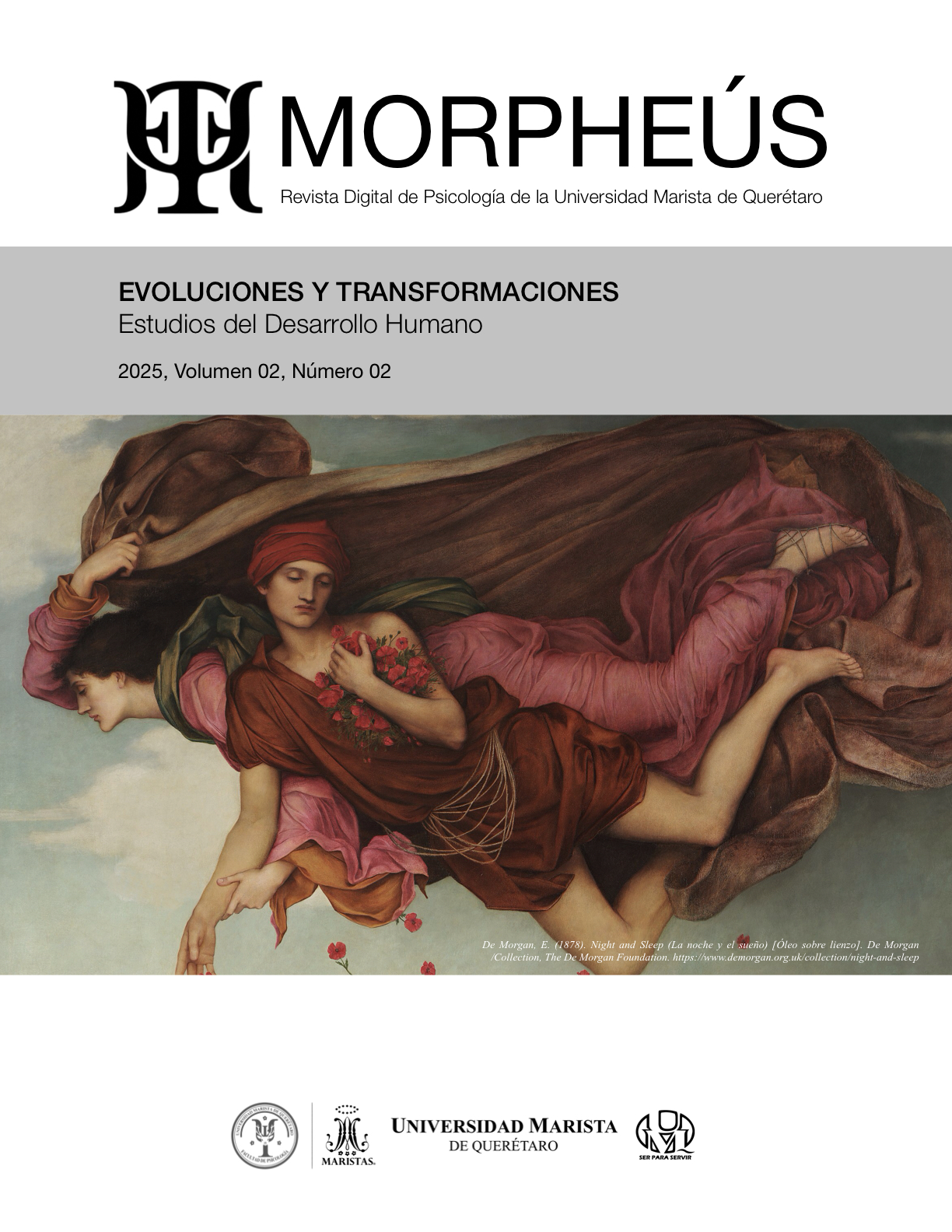Abstract
This essay explores Freud’s psychosexual theory as a foundation for understanding clinical structures: neurosis, psychosis, and perversion. Through the analysis of the psychic apparatus, drives, defense mechanisms, and developmental stages, it examines how the subject’s experience of these phases leaves imprints on their psychic functioning. Key concepts such as libido, the pleasure principle, and repression are discussed, along with the role of fixations and mnemonic traces in the formation of character. Finally, it addresses how clinical structures manifest as organized responses to unconscious desire.

This work is licensed under a Creative Commons Attribution 4.0 International License.
Copyright (c) 2025 Hilda Camila Rico Coronado, Karen Ritter Ayuso, Jacqueline Gaona Díaz (Autor/a)

